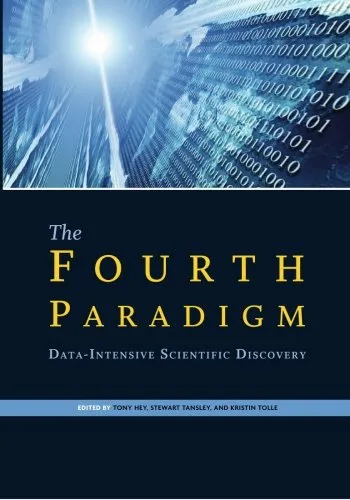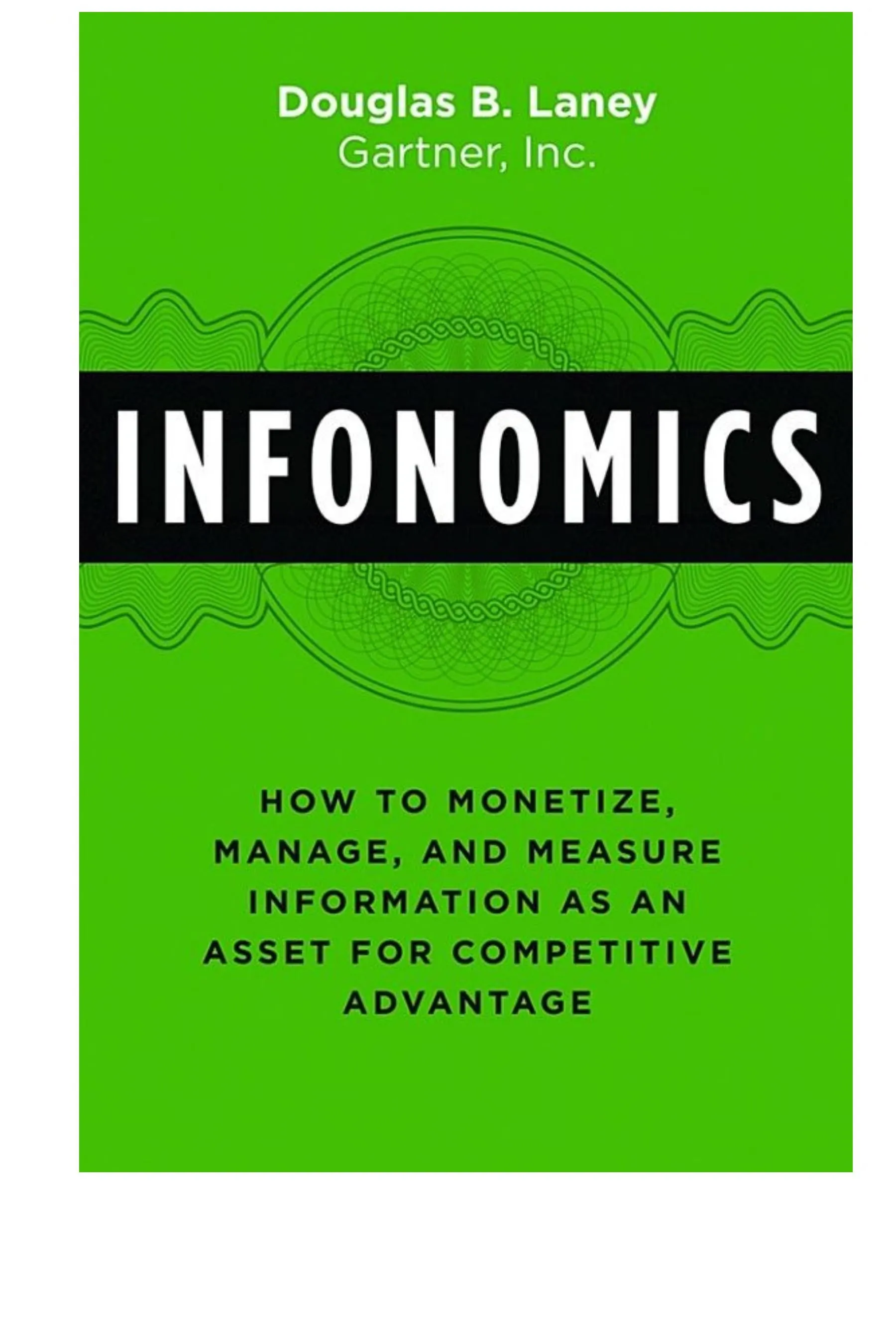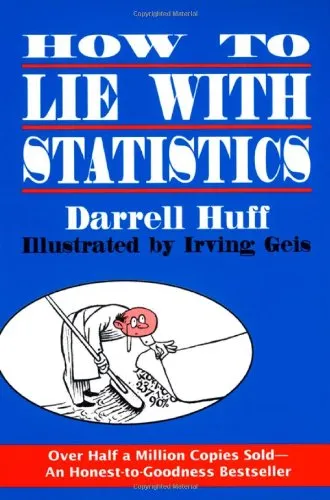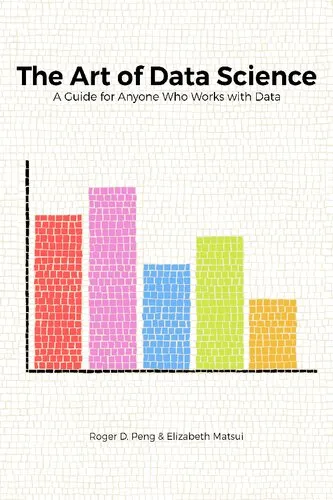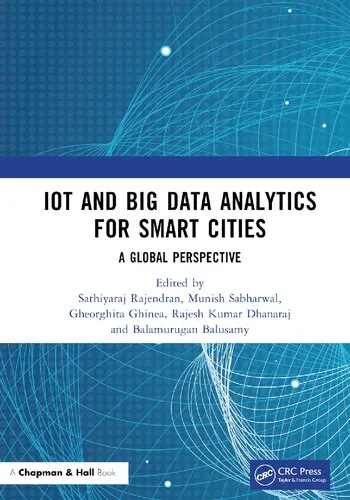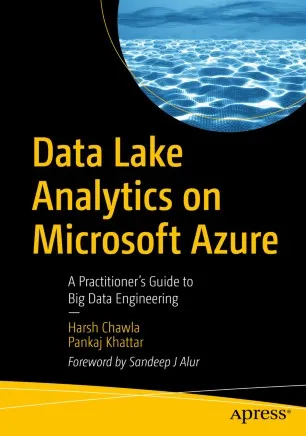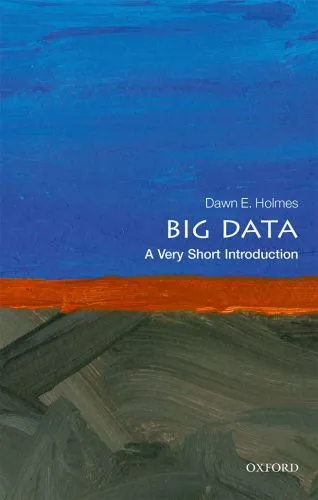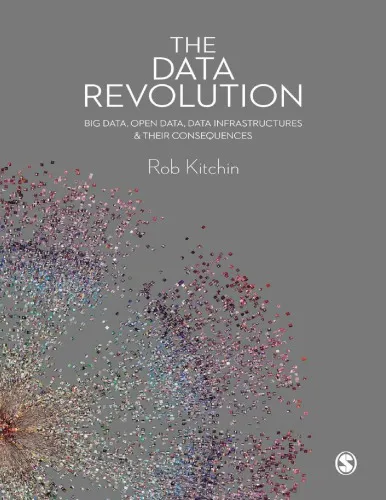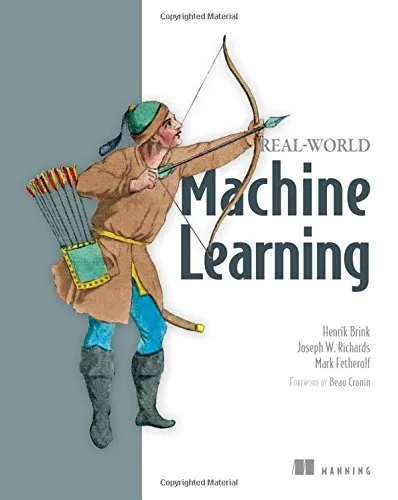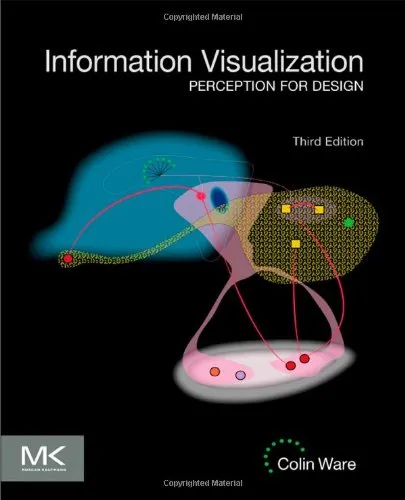The Fourth Paradigm: Data-Intensive Scientific Discovery
4.6
Reviews from our users

You Can Ask your questions from this book's AI after Login
Each download or ask from book AI costs 2 points. To earn more free points, please visit the Points Guide Page and complete some valuable actions.Related Refrences:
Introduction to "The Fourth Paradigm: Data-Intensive Scientific Discovery"
The scientific landscape has evolved drastically, shifting from traditional methodologies to a bold, computational approach that defines modern discovery. "The Fourth Paradigm: Data-Intensive Scientific Discovery," edited by Tony Hey, Stewart Tansley, and Kristin Tolle, encapsulates this transformative journey, emphasizing how data is becoming the cornerstone of innovation in research. This book is essential reading for those who wish to understand the profound impact of data-driven methodologies across various scientific disciplines, from healthcare to environmental sciences.
Detailed Summary of the Book
The Fourth Paradigm explores the historical and intellectual foundations behind what the authors term as the "fourth paradigm" of science. The first three paradigms—empirical observation, theoretical approaches, and computational simulation—form the basis of scientific discovery. However, the fourth paradigm introduces something groundbreaking: data-intensive science. As the world generates increasingly vast amounts of data, from satellites monitoring climate to genetic sequencing, researchers are navigating a sea of information that necessitates new tools, techniques, and thought processes.
Divided into multiple chapters and essays contributed by leading scientists and scholars, the book dives deep into how data science is enabling groundbreaking discoveries. Topics range from how computational tools analyze vast datasets in astrophysics, to the role of machine learning in predicting epidemics, and how collaboration and transparency are reshaping research ethics. Each section is tied together by one undeniable truth: the shift to data-centric thinking is redefining how science is practiced globally.
Key Takeaways
- The fourth paradigm represents a unique convergence of computer science, statistics, and domain-specific expertise to unlock insights buried in massive datasets.
- Visualization, computational modeling, and storage technology are critical for navigating and interpreting complex datasets.
- Interdisciplinary collaboration and open data practices are essential for fueling innovation in the age of big data.
- The book serves as a roadmap for scientists, technologists, and policymakers to embrace data-intensive discovery processes.
- Data integrity, transparency, and reproducibility emerge as vital principles in the new scientific paradigm.
Famous Quotes from the Book
"Everywhere we look, increasingly large volumes of data are being generated not only by scientific instruments but also by a plethora of digital devices and Internet activity."
"...the greatest opportunities will arise from combining expertise in the disciplines of science with the computational power needed to create new tools and understand these massive datasets."
Why This Book Matters
The Fourth Paradigm is not just a book; it's a manifesto for future scientific endeavors. It argues for a fundamental shift in how researchers approach problems and solutions in the digital age. With the rapid growth of data generation globally, traditional methods are no longer sufficient. This book underscores the importance of embracing new computational methods, fostering open collaboration, and adopting transparency to keep pace with this transformation.
Importantly, the book outlines a path for how scientists, policymakers, and industry leaders can work together to leverage data for societal benefit, whether through curing diseases, mitigating climate change, or exploring the universe. The introduction of the fourth paradigm is not exclusive to scientists; it also resonates with technologists, engineers, and anyone involved in problem-solving on a large scale.
By demystifying the transition to data-intensive science, this book encourages a broader understanding of how humanity can harness the computational revolution to achieve transformative results across industries and disciplines.
Free Direct Download
You Can Download this book after Login
Accessing books through legal platforms and public libraries not only supports the rights of authors and publishers but also contributes to the sustainability of reading culture. Before downloading, please take a moment to consider these options.
Find this book on other platforms:
WorldCat helps you find books in libraries worldwide.
See ratings, reviews, and discussions on Goodreads.
Find and buy rare or used books on AbeBooks.
1412
بازدید4.6
امتیاز0
نظر98%
رضایتReviews:
4.6
Based on 0 users review
Questions & Answers
Ask questions about this book or help others by answering
No questions yet. Be the first to ask!
